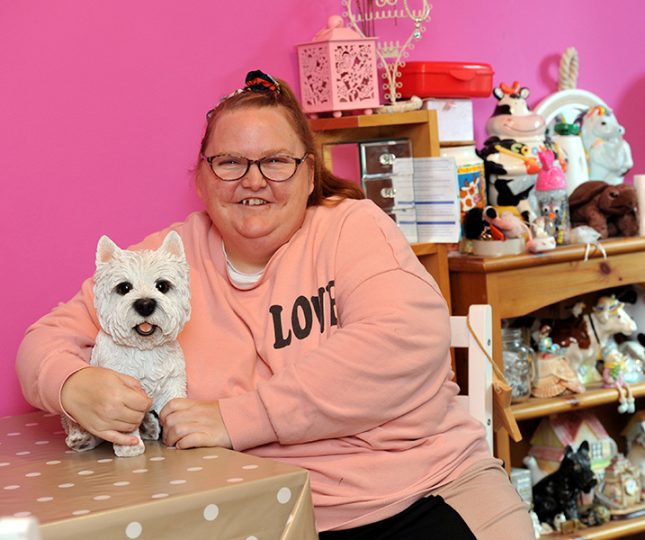Join our team
Do you have the passion and determination to make a difference in the lives of people with complex needs?

Do you have the passion and determination to make a difference in the lives of people with complex needs?
Over recent weeks, Tom Evans and his team have been sharing their insights into the PERMA model of emotional wellbeing. As Head of Practice Development and PBS lead here at Precious, and former head of PBS at BiLD, Tom is passionate about the importance of emotional wellbeing to a PBS approach. Here, he shares an introduction to PERMA.
Emotional Wellbeing is to do with someone’s psychological state. It includes feelings of happiness, satisfaction and relaxation. It can also involve feeling safe, secure, content, a sense of stability, an appropriate level of structure and predictability as well as self-esteem and feelings of achievement and self-efficacy (our belief in our ability to succeed in specific situations or accomplish a task).
PERMA is an acronym for an evidence-based approach, used to improve emotional well-being and “happiness” as well as reducing anxiety, depression, and stress. It was devised by Martin Seligman who is a leader in the field of Positive Psychology. There are 5 elements to the model and the idea is that if we can increase each of the 5 elements then this will increase our emotional wellbeing.
We encourage our team to start by considering their own emotional wellbeing and think about how they can increase the 5 elements in their own lives. Then we can move on to think about the people we support and how we can increase the 5 elements in their lives.

Doing activities and having experiences that lead to joy, happiness, relaxation, excitement satisfaction, calmness or any other positive emotions. We should be thinking about activities or experiences that give us positive emotions and whether we can do more of them.
Doing activities and having experiences that we are completely absorbed in, when time stands still and we are ‘lost’ in the activity (in a good way). This is called being in ‘flow state’. We should be thinking about activities or experiences that completely absorb us and whether we can do more of them.
Spending time with important other people and being kind to them. We should be thinking who is most important to us and considering if could we spend more time with them, or whether there are things we can do to improve our relationship with them.
Belonging to something bigger than you, like a group, team, family, congregation; giving to it and getting from it. We should be thinking about when this happens and if we need to make any changes so that other things don’t get in the way.
Accomplishing something for its own sake, because we wanted to. We should be reflecting on whether there is something that we’d like to achieve that is achievable and planning what we need to do to make it happen.
Research has shown significant positive associations between each of the PERMA components and physical health, vitality, job satisfaction, and life satisfaction. Needless to say, happiness goes beyond just these five elements, and the PERMA model is often referred to as PERMA+. The + can include other important areas, such as optimism, nutrition, physical activity and sleep.
This model of emotional wellbeing links closely to our own organisational values of kindness, quality of life, involvement and progress, as well as underpinning a PBS approach to support delivery.